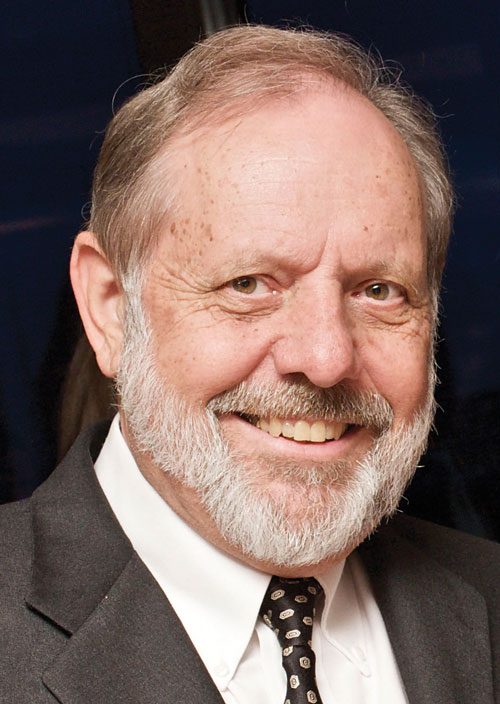Observation
Bjork, Nosofsky Recognized with Awards

APS Past President Robert A. Bjork
In an award ceremony at Rice University, two notable APS members accepted the most prestigious awards given by the Society of Experimental Psychologists. APS Past President Robert A. Bjork received the Norman Anderson Lifetime Achievement Award, and APS Fellow Robert M. Nosofsky was awarded the Howard Crosby Warren Medal.
Bjork, from University of California, Los Angeles, was recognized for his pioneering contributions to learning and memory research, especially the development of the directed forgetting paradigm. In this experimental setup, participants were shown items, and were instructed either to remember or to forget the item. Afterward, participants were asked to recall all of the items,
and their ability to recall items they were instructed to forget was significantly impaired. Bjork was also honored for his exemplary service to the field, including his editorships at Memory and Cognition and Psychological Review, as well as his role in founding the journal Psychological Science in the Public Interest.
The Warren Medal, which is given to an individual who contributes a significant advance in experimental psychology within the past five years, was given to Nosofsky, from Indiana University, for a “program of research [that] exemplifies the best applications of mathematical models to thorny empirical problems.” He was acknowledged for his empirical models of perceptual category learning, especially his Generalized Context Model. This theory describes how people perceive, categorize, remember, and decide about the objects around them. Nosofsky’s work has sparked multiple avenues of research and has been used to predict a variety of measures, such as reaction-time distributions.




Comments
Year of the Roberts?
Congratulations Bob and Rob.
From Bobbie
APS regularly opens certain online articles for discussion on our website. Effective February 2021, you must be a logged-in APS member to post comments. By posting a comment, you agree to our Community Guidelines and the display of your profile information, including your name and affiliation. Any opinions, findings, conclusions, or recommendations present in article comments are those of the writers and do not necessarily reflect the views of APS or the article’s author. For more information, please see our Community Guidelines.
Please login with your APS account to comment.